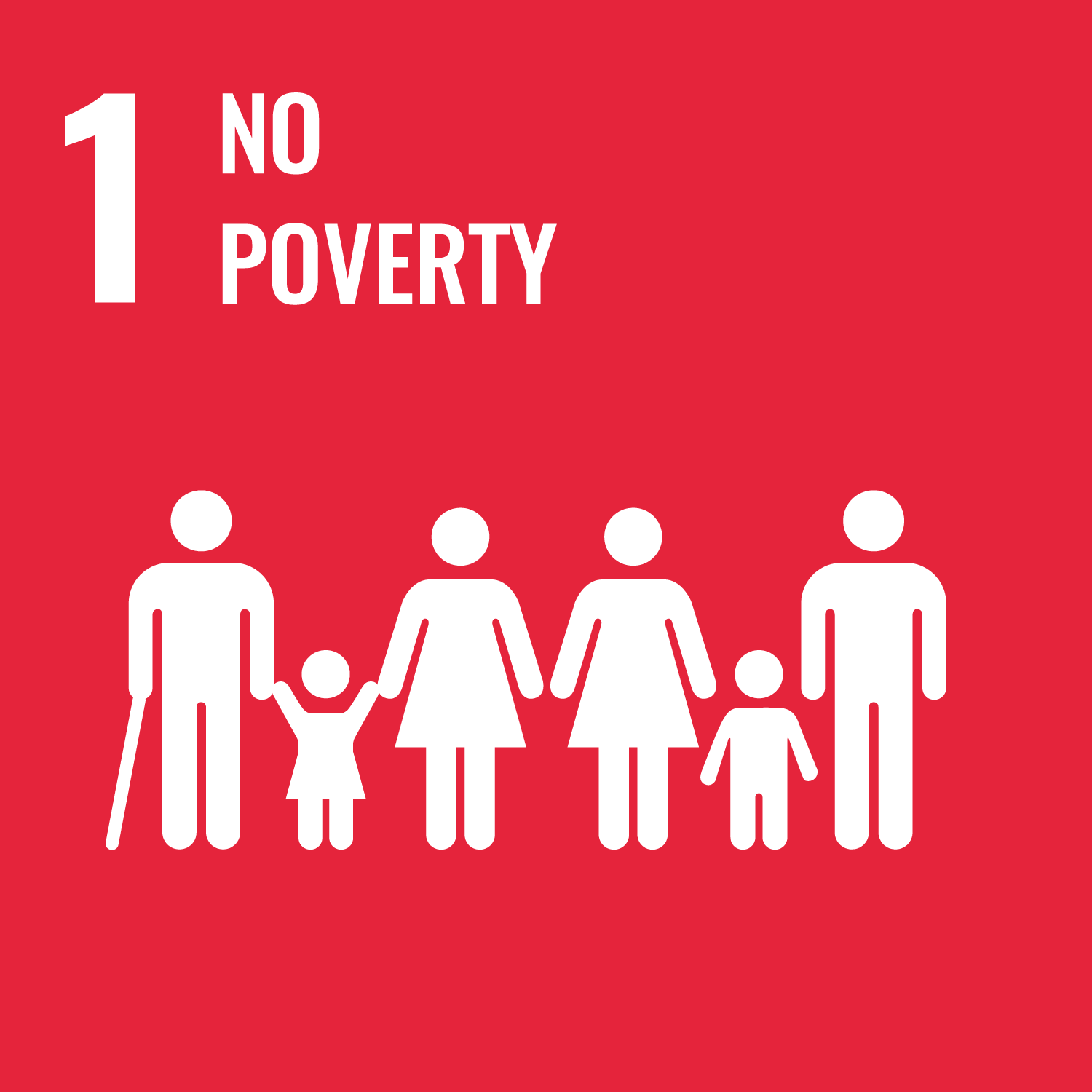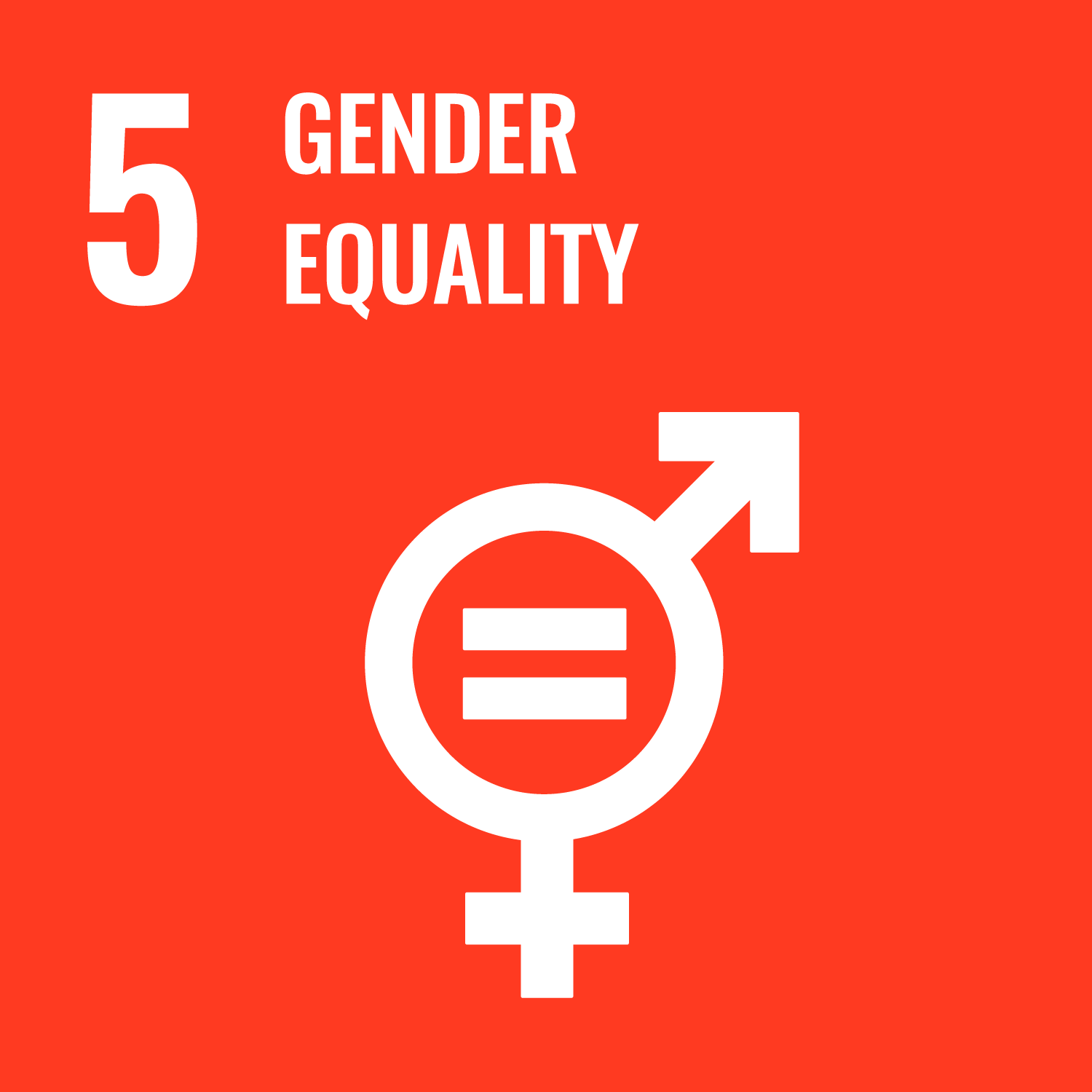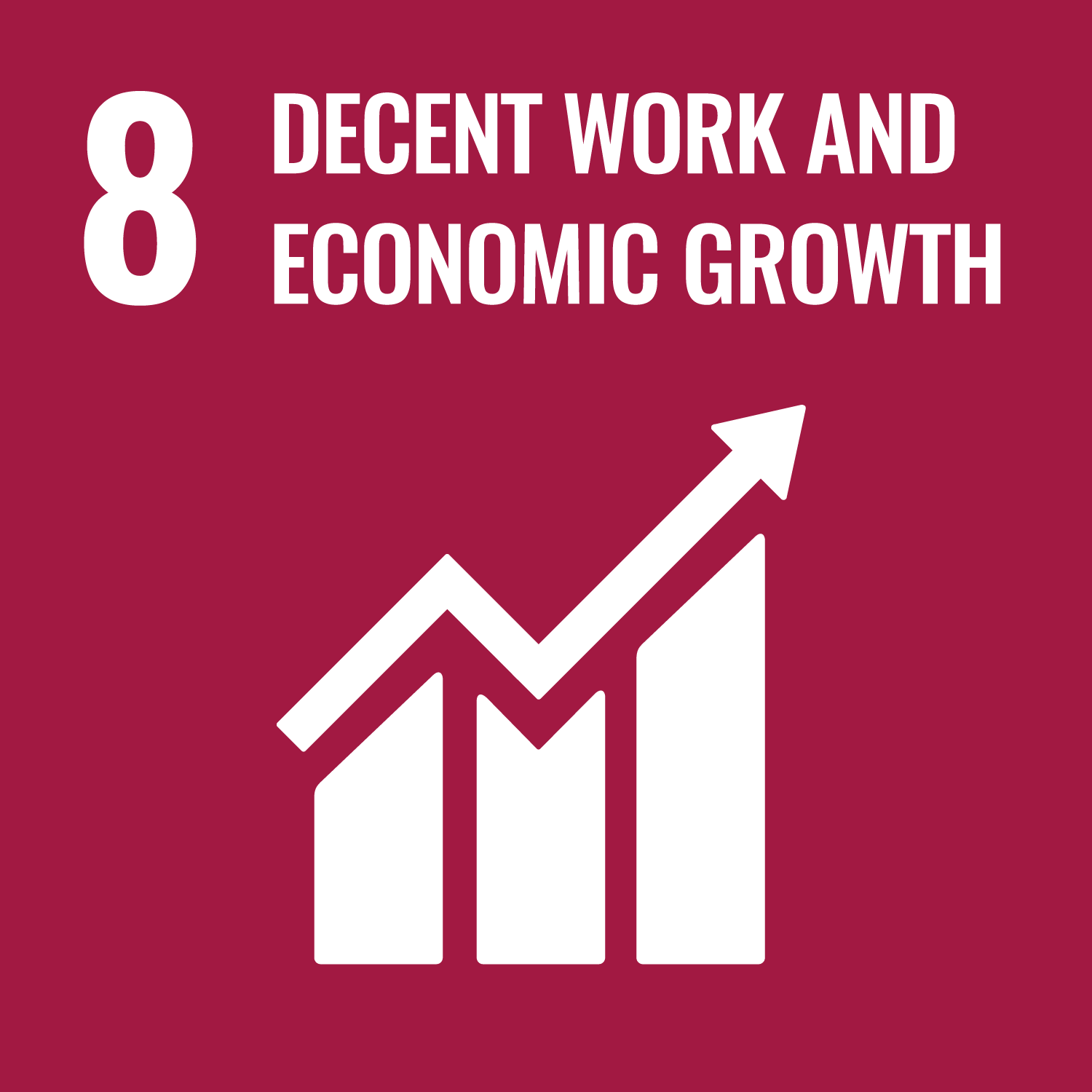This article demonstrates the transformative impact of IP-backed innovation in supporting the following Sustainable Development Goals:
Crafting a Better Future for Women with Etikoppaka Wooden Toys
India has a deep cultural heritage and a rich history of artistic expression. One notable example are the world renowned wooden toys made by villagers from Etikoppaka in Andhra Pradesh, India. These delightful toys are far more than simply playthings; they are treasured works of art that reflect the India’s deep-rooted cultural values. The talented women of Etikoppaka who make these toys are playing a vital role in preserving and promoting this ancient craft.
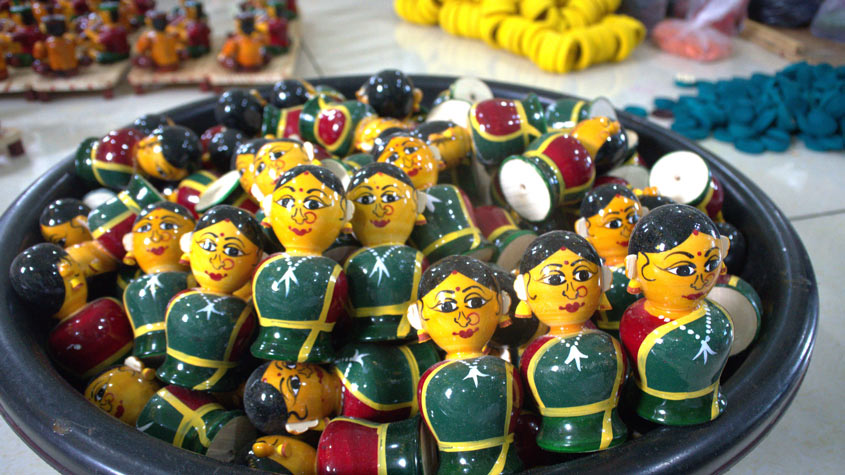
The traditionally crafted lacquered Etikoppaka toys are celebrated for their vibrant colors, rounded edges, and environmentally friendly manufacturing process, which make the safe and durable playthings for children. The toys are an integral part of daily life, especially in South India. They include spinning tops, rattles, decorative boxes and figurines. They also hold great cultural significance and are typically offered as gifts on birthdays, weddings and play an important role in various cultural festivals.
“The toys of Etikoppaka, which is known by many as the “toy village”, are deeply rooted in family traditions and hold sentimental value across generations. It is our tradition to showcase collections of various toys, including Etikoppaka toys, during festivals such as Bommala Koluvu (Doll Festival). This Southern Indian practice involves the display of dolls and figurines, often depicting mythological tales and everyday life scenes. These toys, passed down through generations, also serve as cherished gifts for brides from their families, symbolizing love and respect," explains Dr. Neelima Bogadhi, a Law Faculty at Damodaram Sanjivayya National Law University (DSNLU), who specializes in products protected with geographical indication (GI) certification and has studied the wooden toys of Etikoppaka since 2017.
While Etikoppaka toys continue to capture the hearts of children and adults across India, they are also commonly presented as gifts to people in countries around the world. Through this practice, these engaging toys continue to gain global recognition.
Women lead the way in wooden toy-making
Whereas in the past, men played a central role in the making of Etikoppaka toys, for various economic reasons, in recent years, as men have sought employment in urban areas, the village women have stepped in and are now fully embracing the craft and improving their livelihoods in the process.
“Traditionally, women assisted men in making toys at home to support their families. But as the men of the village seek higher paid employment elsewhere, the women of Etikoppaka have come together, learned the necessary skills to turn the wood and are now making toys with the help and support of expert local toy-making artisans,” says Dr. Bogadhi. This development has significantly improved the livelihoods of these women. “The income from toy-making has contributed to the economic well-being of their families. The women artisans are now able to feed their children and give them better education,” she adds.
The women bring their children to the work area, a comfortable environment where they can both fulfill their professional responsibilities and care for their children. “This has made them much happier economically,” says Dr. Bogadhi. “Their workplace provides unity for the family. Overall, their livelihood, creativity, and mental strength have improved drastically since taking up toy making,” she adds.
Supporting women entrepreneurship in Etikoppaka
The work of nearly 140 women artisans that reside in and around the village of Etikoppaka is supported by cooperative associations that operate at state and national levels, such as the Andhra Pradesh Handicrafts Development Corporation Limited. “These organizations have made substantial contributions to preserving the traditional craft. They recognize Etikoppaka's skilled artisans, fostering their development and promoting GI registration through various exhibitions, fairs, and rewards,” Dr. Bogadhi notes.
“Some of the women toymakers have taken out loans to establish their own production lines, buy their own machines and rent their own workspace. They are seeking subsidies on the wood they use to enhance their returns. For these women, their main motivation is to provide a better life for their families,” says Dr. Bogadhi, noting that many “have found satisfaction in their success.”
The entrepreneurial spirit of these women is not only inspiring the next generation of Etikoppaka toymakers, it is also inspiring women in other rural communities in India to believe in their own abilities. “The women in Etikoppaka have shown grit and determination in preserving their traditional craft and in using it to create a livelihood for their families. By embracing these skills and not chasing after what they lack, these women have shown that self-belief and determination can lead to a better livelihood.”
The women in Etikoppaka have shown grit and determination in preserving their traditional craft and in using it to create a livelihood for their families.
Dr. Neelima Bogadhi
The GI journey of Etikoppaka wooden toys
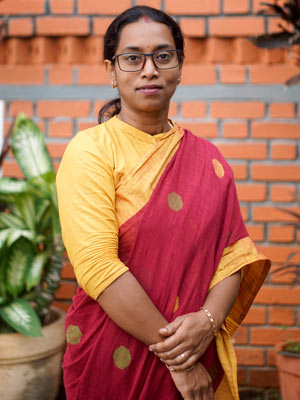
of Etikoppaka earn a living from their craft.
(Photo: Courtesy of Neelima Bogadhi)
Recognizing the value and uniqueness of Etikoppaka’s wooden toys the Andhra Pradesh Handicrafts Development Corporation Limited set about certifying the toys as a geographical indication. They succeeded in doing so in 2017. "As these artisans come from rural backgrounds and often lack formal education, their knowledge about intellectual property (IP) rights, GI registration, and protection is limited. That was why the Andhra Pradesh Handicrafts Development Corporation Limited took the lead in securing GI certification for these toys," notes Dr. Bogadhi.
The unique identity of Etikoppaka toys is now registered under the GI Act in India . “By being registered as GI, these toys are granted a special status by the Department for Promotion of Industry and Internal Trade (DPIIT) to preserve the cultural heritage and traditional knowledge (TK) embedded in the GI and to enhance the livelihoods of the artisans involved. GI certification also offers national and international protection against unfair trade practices, helps build market recognition, and offers the artisans of Etikoppaka a means to protect themselves against counterfeit and substandard products entering the market,” Dr. Bogadhi explains. She also emphasizes the importance of raising public awareness and increasing demand for these timeless toys to promote the preservation of this traditional art."
The National IPR Policy of India is to create awareness about the importance of intellectual property rights, including GIs.
Dr. Neelima Bogadhi
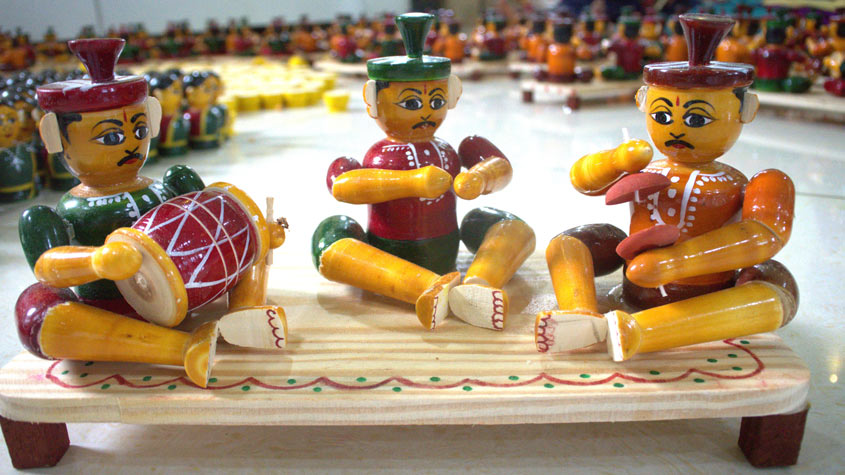
Through extensive research and interactions with artisans from various industries, Dr. Bogadhi realized about the potential of GI products as a reflection of India's cultural heritage. “India's cultural diversity is reflected in the wide variety of GIs, including renowned products like Darjeeling Tea, Basmati rice, Kanchipuram Silk Sarees, and many others. These products contribute significantly to the Indian economy, showcasing the country's traditions, craftsmanship, and artistic heritage,” says Dr. Bogadhi, adding that the demand and identification of Etikoppaka toys have improved the livelihood of the artisans and also brought in confidence in the artisans to preserve the art for better regional economic conditions.
